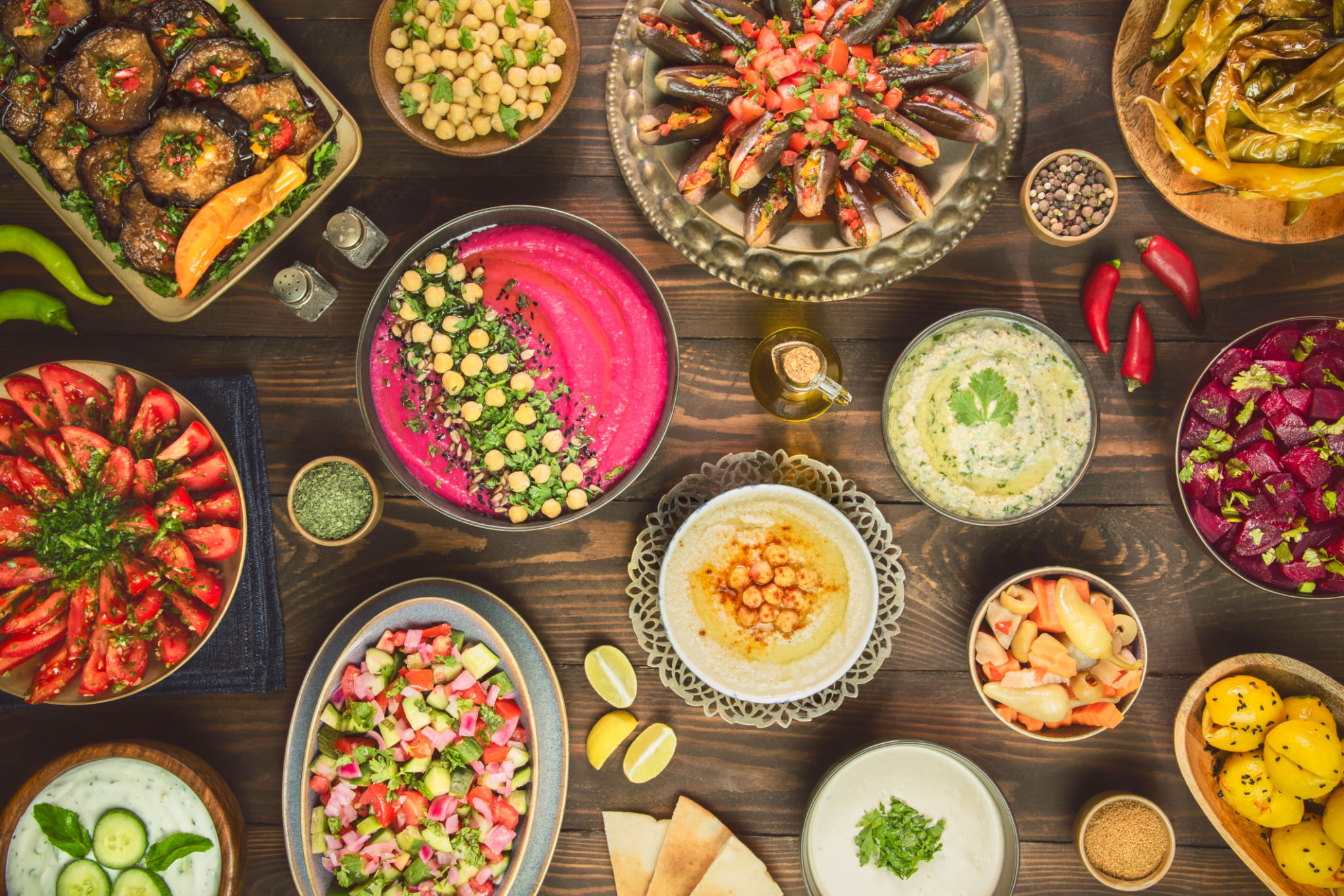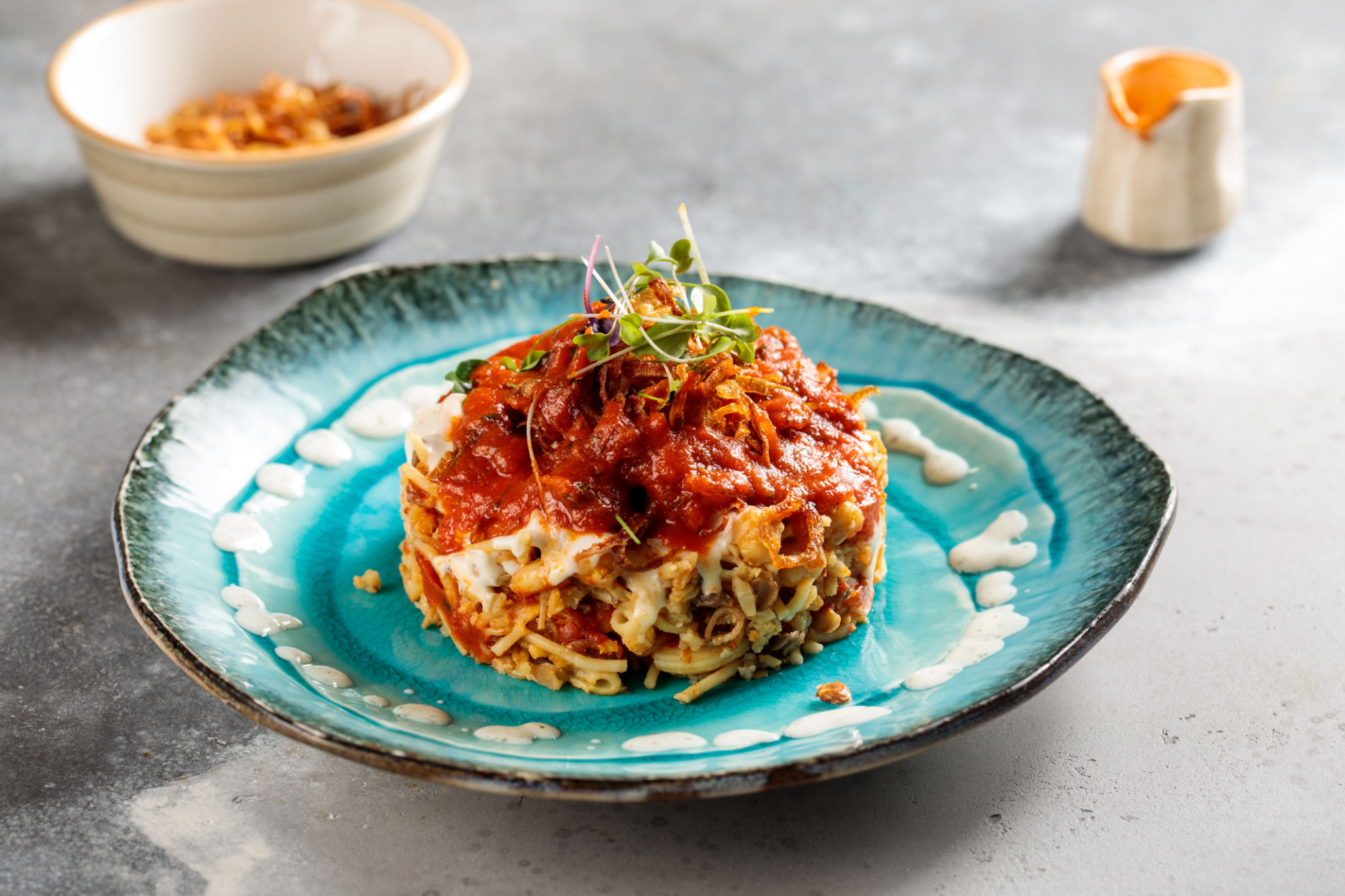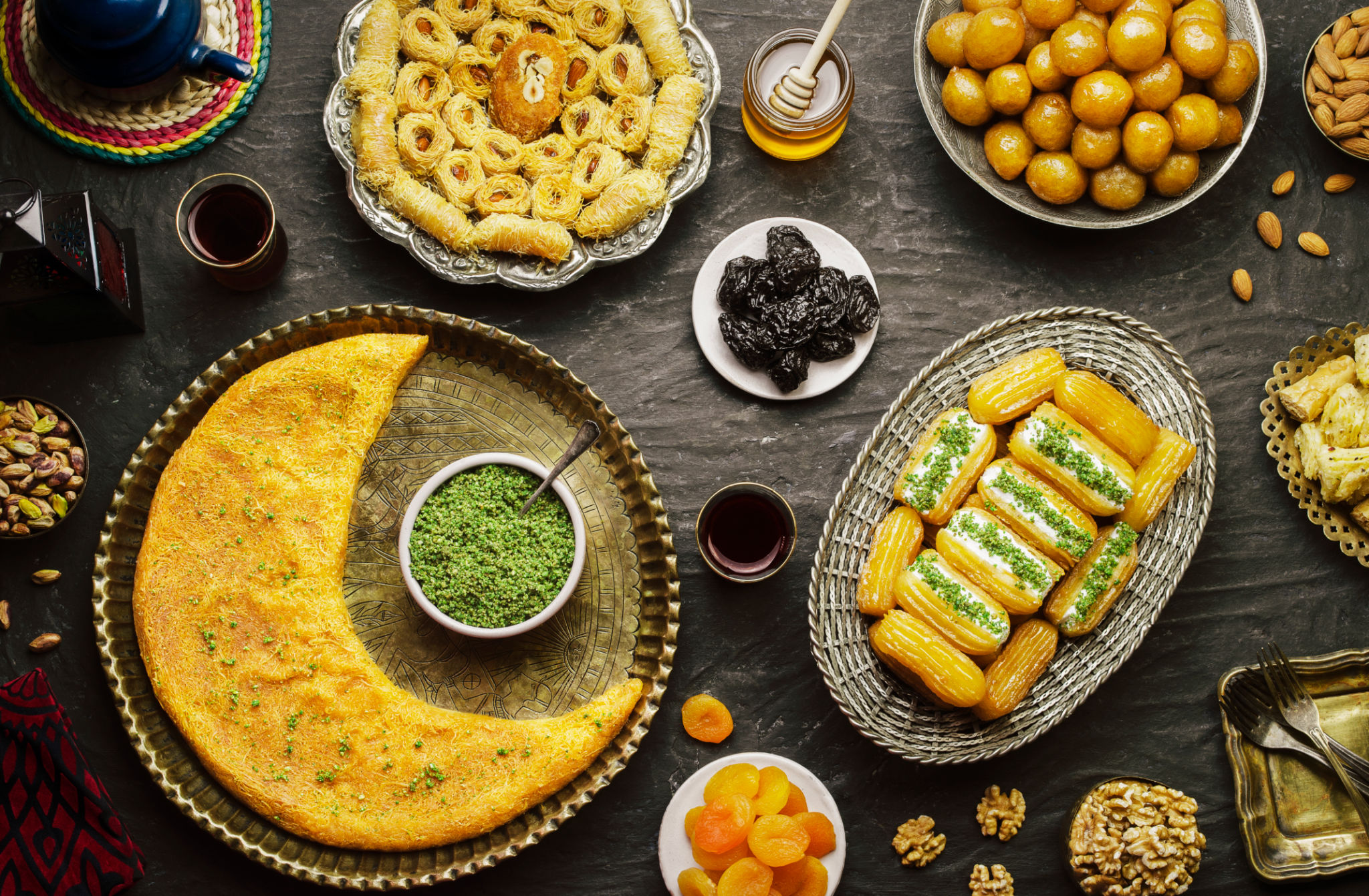Local Culinary Delights: A Food Lover's Guide to Egyptian Cuisine
Introduction to Egyptian Cuisine
Egyptian cuisine is a vibrant tapestry woven with flavors, textures, and aromas that reflect the country's rich history and diverse influences. From the bustling streets of Cairo to the tranquil banks of the Nile, food plays an integral role in Egyptian culture and daily life. This guide will introduce you to some of the most beloved local dishes and culinary practices that make Egyptian cuisine a must-experience for any food lover.

Staple Ingredients and Flavors
The foundation of Egyptian cuisine is built on simple yet flavorful ingredients. Bread, especially baladi bread, is a staple in almost every meal, often used to scoop up dips and stews. Legumes such as lentils and chickpeas are also prevalent, forming the base for popular dishes like koshari and ful medames. Herbs and spices such as cumin, coriander, and dill add depth and aroma to many recipes.
Vegetables play a crucial role in Egyptian cooking, with tomatoes, eggplants, and okra commonly used in a variety of dishes. Meat, when included, is often grilled or stewed, with lamb and chicken being the most common choices. Fish and seafood are staples in coastal regions, offering fresh and delightful options for seafood enthusiasts.
Popular Dishes to Try
Koshari is arguably Egypt's national dish, a hearty combination of rice, lentils, pasta, and chickpeas topped with a spicy tomato sauce and crispy fried onions. This dish is a favorite among locals and tourists alike for its comforting and satisfying qualities.

Ful Medames is another quintessential Egyptian dish made from slow-cooked fava beans seasoned with olive oil, lemon juice, garlic, and spices. Often enjoyed as a breakfast item, it is served with baladi bread for dipping. This dish is not only delicious but also a nutritious way to start the day.
Sweets and Desserts
No exploration of Egyptian cuisine would be complete without indulging in its sweet offerings. Basbousa, a semolina cake soaked in syrup, is a popular dessert that offers a delightful blend of sweetness and texture. Kanafeh, made with thin noodle-like pastry soaked in syrup and layered with nuts or cheese, is another treat that should not be missed.

Beverages to Accompany Your Meal
Egyptians take great pride in their traditional beverages. Hibiscus tea, known locally as Karkade, is a refreshing drink served hot or cold, perfect for soothing the senses after a flavorful meal. For something more robust, try an Egyptian coffee or mint tea—both are staples in cafes across the country.
Experiencing Egyptian Cuisine
The best way to experience Egyptian cuisine is by visiting local eateries and street vendors where you can savor authentic flavors at their finest. Whether you're enjoying a simple falafel sandwich or dining at a traditional Egyptian restaurant, each meal offers an opportunity to connect with the country's culinary heritage.

Conclusion
Egyptian cuisine is more than just food; it's an expression of the country's history, culture, and spirit. Whether you're a seasoned traveler or new to exploring international flavors, Egyptian cuisine offers something for everyone. Embrace the adventure and savor the rich tapestry of tastes that define this remarkable culinary tradition.
